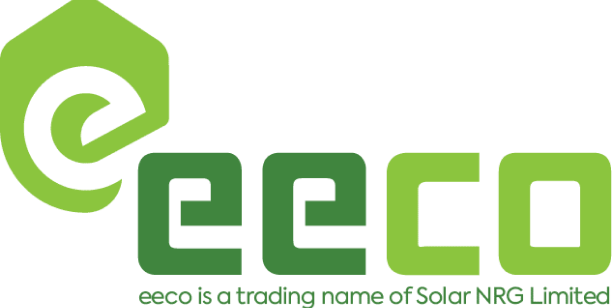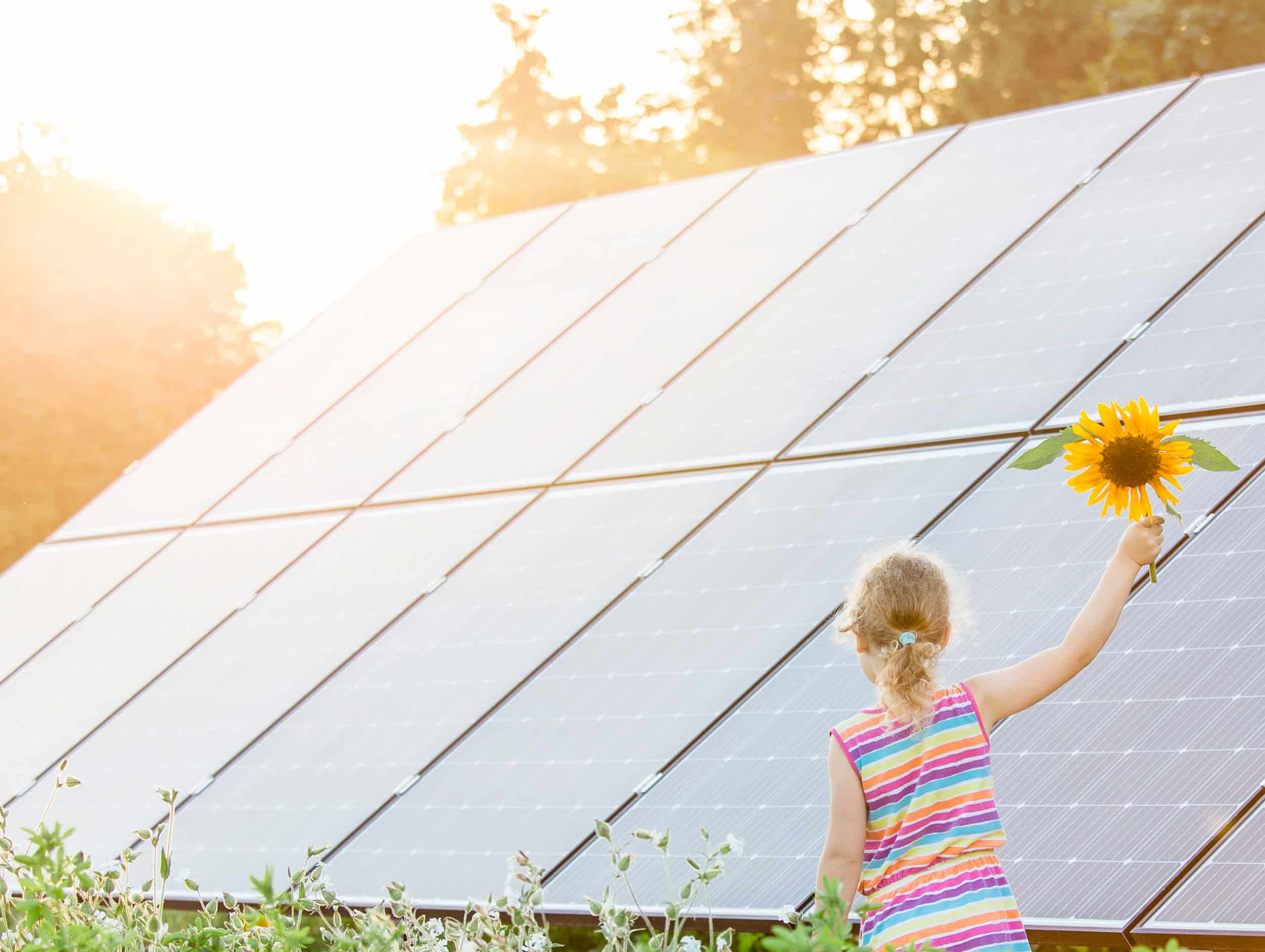Solar panels in Northern Ireland have emerged as a cornerstone of the renewable energy landscape, offering a sustainable and clean source of electricity. Their adoption has been steadily increasing, contributing to the nation’s efforts to transition towards greener energy solutions. In this comprehensive exploration, we delve into the significance, adoption, benefits, and future prospects of solar panels in Northern Ireland.
Solar Panels in Northern Ireland: Overview
1. Adoption and Growth:
The adoption of solar panels has witnessed remarkable growth, supported by government initiatives, technological advancements, and decreasing costs. Thousands of homes, businesses, and utility-scale installations across the UK now harness solar energy through photovoltaic (PV) panels.
2. Government Policies and Incentives:
Government policies, such as the Feed-in Tariff (FiT) scheme and the Smart Export Guarantee (SEG), have encouraged solar panel installations by offering financial incentives and opportunities to earn money by exporting surplus energy to the grid.
Benefits of Solar Panels in Northern Ireland
1. Renewable Energy Generation:
Solar panels harness sunlight, a readily available renewable resource, reducing dependency on non-renewable sources and mitigating carbon emissions.
2. Cost Savings and Energy Efficiency:
By generating clean electricity, solar panels help reduce energy bills for homeowners and businesses while enhancing energy self-sufficiency.
3. Environmental Impact:
The adoption of solar panels in Northern Ireland contributes to a reduction in greenhouse gas emissions, supporting the nation’s efforts to combat climate change and promote sustainability.
4. Job Creation and Economic Growth:
The solar industry in NI has created jobs and opportunities, contributing to economic growth, technological innovation, and a skilled workforce in the renewable energy sector.
Challenges and Considerations
1. Weather and Climate:
Despite the perception of Northern Ireland having cloudy weather, solar panels can still generate significant energy even in less sunny conditions. However, weather variability impacts overall energy production.
2. Grid Integration and Storage:
Challenges related to grid integration and energy storage persist, necessitating advancements in storage technologies to maximize solar energy usage and grid stability.
Future Prospects and Innovations
1. Technological Advancements:
Ongoing research and development efforts aim to enhance solar panel efficiency, durability, and cost-effectiveness, making them even more accessible and efficient.
2. Community Solar Initiatives:
Community-driven solar projects and shared ownership models are gaining momentum, allowing communities to collectively invest in and benefit from solar installations.
Conclusion: Embracing Solar Power in Northern Ireland
The integration of solar panels into Northern Ireland’s energy mix marks a significant stride towards achieving sustainability, energy independence, and a greener future. Their role in shaping the nation’s energy landscape continues to evolve, driven by innovation, policy support, and a growing awareness of the importance of renewable energy sources.
As solar technology advances and awareness grows, the widespread adoption of solar panels across Northern Ireland not only addresses energy needs but also aligns with global efforts towards a more sustainable and environmentally conscious future. The journey of solar panels in Northern Ireland symbolise a powerful commitment to clean energy and a testament to the nation’s resolve in combating climate change while embracing renewable energy solutions.


